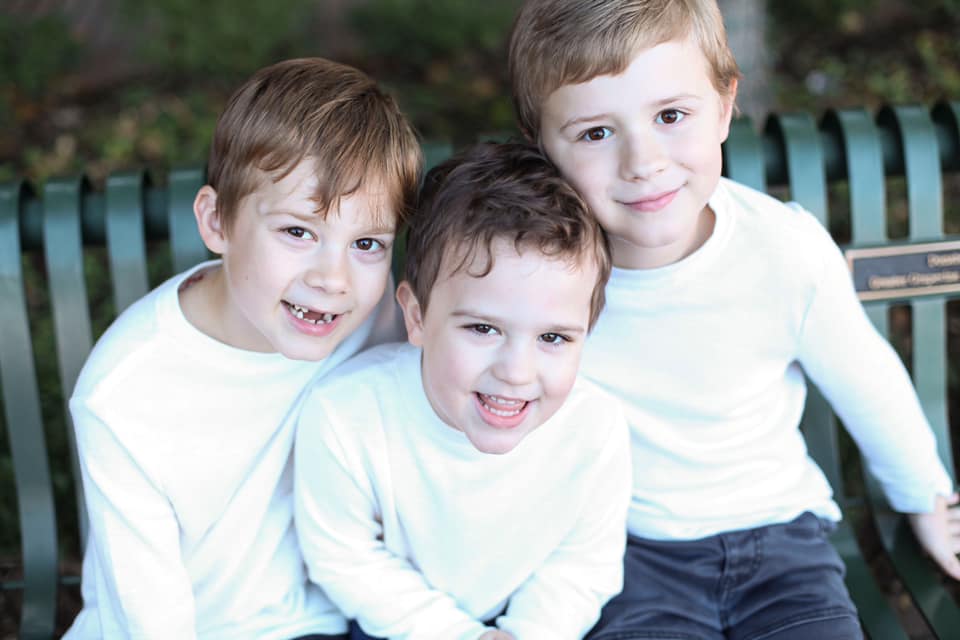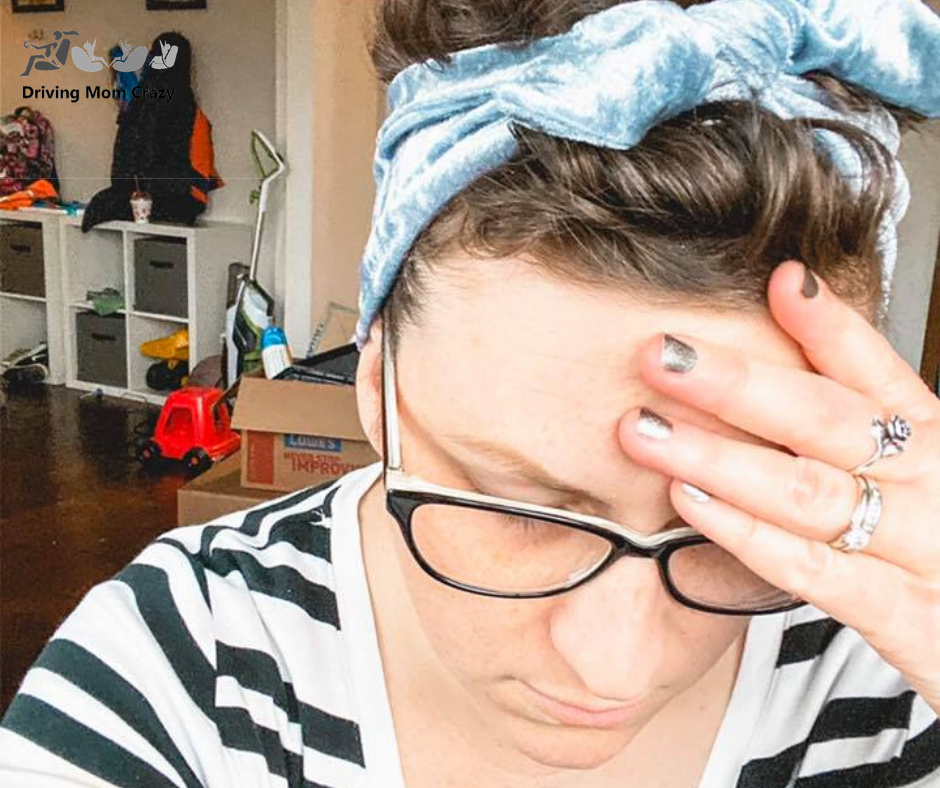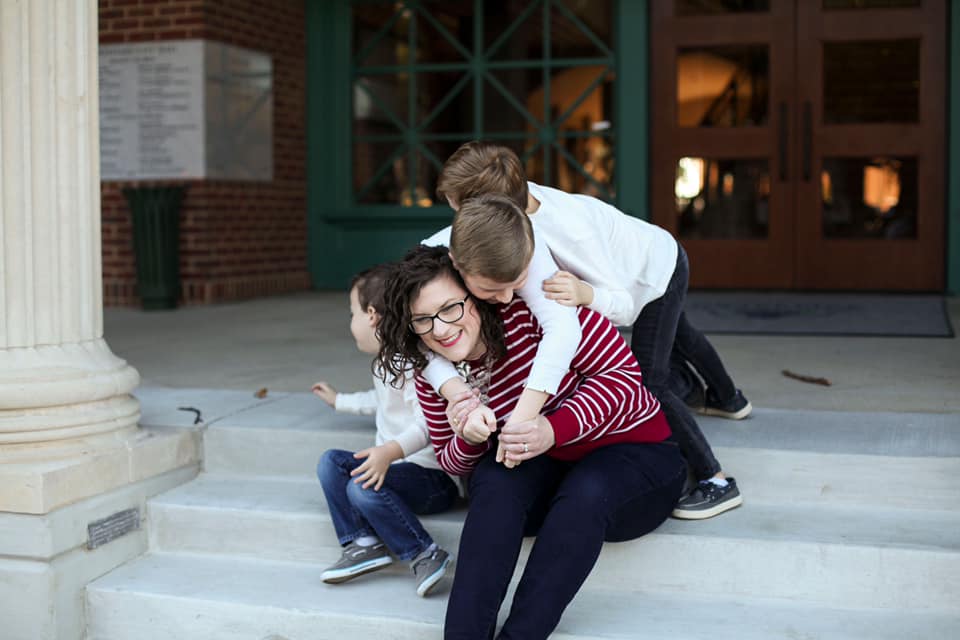Living with anxiety means living with fear. Fear about the future, fear about what others think of me, and now that I’m a parent, fear about the health and safety of my kids. But my biggest fear is something very specific.
My biggest fear is that my kids might have to live with mental illness like I have.
I’m already seeing mild forms of anxiety in some of my children as they grow. They are apprehensive about meeting new people.
They worry about grades and exams despite me explaining that those things don’t define their worth. One has significant trouble falling asleep.
Another has dread about attending certain events. Some of this is rather normal behavior for children, but some of it raises red flags.

And when I see those red flags I have a chilling realization: the pain I’ve felt while living with depression and anxiety might happen to them.
They might suffer like I have suffered.
They might feel like they don’t want to live anymore, like I have in the past.
And that strikes my heart with a fear so powerful that I have to gasp for air.
On the one hand, I have learned many coping skills that I can pass along to them. I can help them identify their symptoms and talk through them because I know what they feel like. I am aware of the importance of professional help. I can advocate for them. I can help them.
But tears fall from my eyes as I imagine my children feeling waves of sadness, dread, panic, and numbness similar to what I have experienced.
Have I set them up for a life of suffering by passing along a genetic predisposition for depression and anxiety?
I can’t help but feel like the difficulties they might face are my fault. They don’t deserve this. I can put up with these diseases myself, but the knowledge that they might have to do the same is unbearable.
How am I going to respond when they tell me they have been diagnosed with anxiety or depression? What will I say?
How can I tell them life is worth living when even I haven’t always felt that way?
It’s taken me years–YEARS–to even get to a point where I feel like things are now somewhat steady for me. Years of hard work. Years of tears. Years of shame.
Years of therapy. Years of unbalanced emotions that made it difficult for me to enjoy much of anything.

How do I prepare them for that without scaring them?
I don’t want them to have an unrealistic view of what adulthood is like, especially with mental illness.
But I also don’t want to reveal so much detail that it makes them feel hopeless or afraid like I am.
When I think about what is ahead, it is in fact scary. But it’s also motivating for me. I know I need to keep getting stronger so I can be there for them. I need to keep learning and working on myself.
I need to get to a place where I can look in their eyes and in all honesty tell them it’s going to be okay.
That is in the back of my mind every day.
I imagine myself walking into their room one day and sitting on their bed, holding their hands in mine, and studying their sweet faces as I say:
“Look, your life is going to be hard. You’re not going to know what to do. That is why I’m here, and that is why doctors and therapists are here. We all have different struggles in life and this is just yours…and ours.
You’re going to want to give up sometimes. It’s a tempting thought, but it’s not based in reality. Because you’re not done here on this Earth yet. There’s still more to do, and more to learn. And one day, when the dust starts to settle, you’ll be able to take what you’ve learned and help someone else.
I can’t promise it will be easy, but I can promise you’ll never be alone.”
I know I’ll mean every word.
And together, we will face depression and anxiety head on with faith that what I’ve said is true.
And maybe that day, I won’t feel afraid anymore.













Having this conversation with my kids as they saw me battling my depression and anxiety was one of the hardest things I have EVER done. Watching one of my teenagers ask for help when he began fighting his own battle was worth it and has never made me prouder.